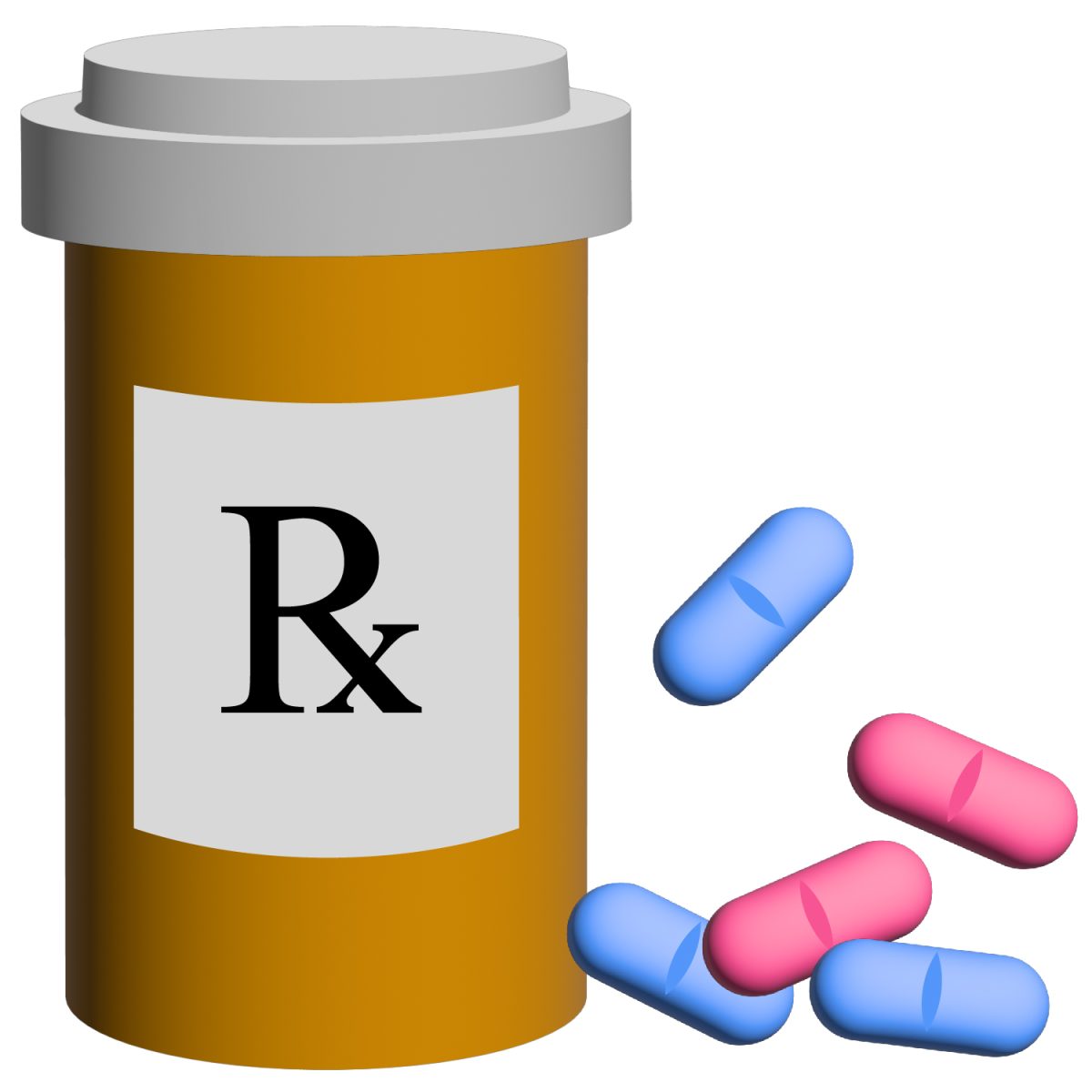The Supreme Court spent two hours on the morning of Dec. 4 grappling with Purdue Pharma’s controversial opioid crisis settlement.
The bankruptcy deal centers around the debate of whether the federal bankruptcy code permits an agreement that would give billions of dollars to victims of the opioid epidemic while protecting members of the Sackler family, who owned the company Purdue Pharma, from current and future opioid-related civil lawsuits.
The Sacklers were the sole owner and operator of Purdue when it launched OxyContin in 1996, and the family profited immensely from the painkiller despite evidence showing it was highly addictive and ruining the lives of their patients. When Purdue Pharma started being targeted with several lawsuits, the Sacklers drained around $11 billion in profits from their company. In 2019, the company declared bankruptcy due to the hundreds of lawsuits they were facing.
Earlier this year, the Sacklers agreed to the bankruptcy deal that is currently being debated by the Supreme Court.
The bankruptcy deal would have the Sackler family personally pay between $5.5 billion and $6 billion over the next 18 years to help combat the ongoing opioid epidemic in the United States. Most of the funds would be distributed to states, local governments and Native American tribes, as Native Americans have been disproportionally affected by the opioid crisis with the overdose mortality rate for Native Americans being double the national average.
The bankruptcy agreement additionally sets aside $700 million to $750 million to pay victims and their families. Purdue stated that the deal is the only major opioid settlement to provide “meaningful recoveries” to victims.
In exchange for agreeing to the bankruptcy deal, members of the Sackler family would be granted immunity from any other civil lawsuits related to the opioid epidemic. However, they can still be held liable for any criminal lawsuits that may arise due to their association with Purdue Pharma.
The deal was initially approved by a New York court in May, but it was blocked from moving forward after the U.S. Trustee Program, a division of the U.S. Justice Department, petitioned the Supreme Court to review the deal, calling it an “abuse” of the bankruptcy system. The department argued that barring individual victims from pursuing their lawsuits against the Sackler family “raises serious constitutional questions.”
At this point, it is unclear how the Supreme Court will rule in this case. It is the largest bankruptcy case the court has taken on in several years, not only because of the national interest in the opioid crisis, but additionally because of the question of whether a bankruptcy judge was allowed to shield the individual members of the Sackler family from future lawsuits in a bankruptcy proceeding.
Supreme Court Weighs in on Purdue Pharma Controversy
1
2





Ad | Dec 17, 2023 at 1:12 pm
Why should they be sheld, they didn’t even file for bankruptcy. They need to paid up or go to jail.